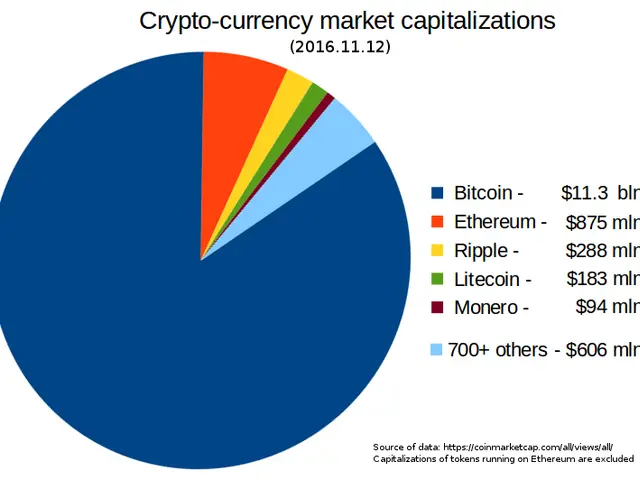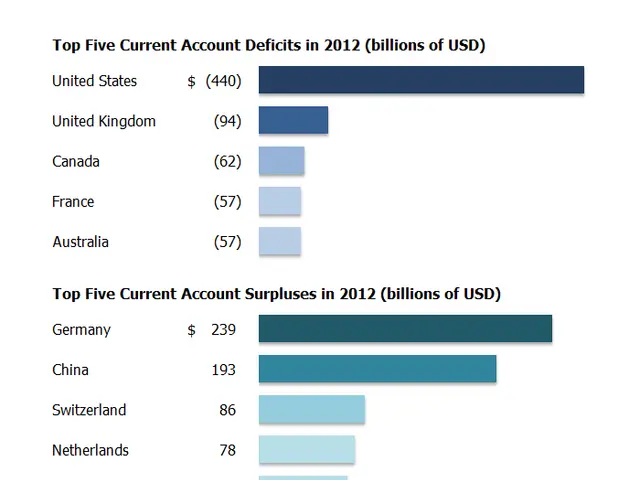Should one Invest, Sell, or Maintain their Position in Agree Realty's Shares?
In 2022 and 2023, increasing interest rates boosted the returns of secure fixed income investments like Treasury bills, bonds, and CDs, making them more alluring than stock dividends. However, as interest rates drop, these fixed income returns are decreasing, encouraging investors to switch back to high-yield stock dividends.
One such stock is Agree Realty (ADC -0.56%), which has surged around 14% in the past year but still offers an appealing forward yield of 4.3%. Let's examine if it's the ideal time to purchase, sell, or maintain this real estate investment trust (REIT).
What is Agree Realty's role?
Agree Realty is a retail REIT that buys properties, leases them to retailers, and shares the rental income with its investors. As a REIT, it is obligated to distribute at least 90% of its taxable income as dividends to maintain a favorable tax status.
By the end of the third quarter of 2024, Agree owned and managed 2,271 properties in 49 states. More than two-thirds of these were investment-grade. The REIT employs triple net leases, meaning its tenants are responsible for property taxes, insurance, and maintenance costs.
In 2023, its top tenants were Walmart, Tractor Supply, Dollar General, and Best Buy, accounting for 19.5% of its annualized rent. Its other significant tenants include CVS, TJX Companies, Dollar Tree, and Kroger.
Reasons to invest in and maintain Agree Realty
The REIT concluded its latest quarter with an occupancy rate of 99.6% and a weighted-average lease term of 7.9 years. Compared to its major competitor Realty Income (O 0.13%), which finished its latest quarter with an occupancy rate of 98.7%, Agree's high occupancy rate suggests its strategy of focusing on large recession-resistant retailers is successful. It also indicates that Agree can counter recent store closures at certain of its top tenants (like CVS and Dollar Tree) with the growth of stronger retailers like Walmart.
Additionally, Agree has consistently increased its adjusted funds from operations (AFFO) per share despite headwinds impacting the broader market. From 2018 to 2023, its AFFO – a significant REIT performance metric – had a compound annual growth rate (CAGR) of 7%. During this period, Realty Income, which leases many of its properties to Dollar General, Dollar Tree, and Walmart, only had a CAGR of 5%. These growth rates suggest that they are solid long-term income investments for anybody seeking consistent income.
Reasons to sell or avoid Agree Realty
Agree's financials appear robust, but it is smaller and less diverse than Realty Income, which owns 15,450 properties in the U.S. and abroad. Agree's smaller size may limit its ability to negotiate lower rates for financing its property acquisitions.
Agree and Realty Income both distribute monthly dividends, but Agree's forward yield of 4.3% is lower than Realty Income's forward yield of 6%. Furthermore, Agree reduced its dividend in 2011, while Realty Income has consistently increased its dividend since its initial public offering in 1994.
Agree also appears more expensive than Realty Income. At $71, Agree trades at roughly 19 times its last year's AFFO per share. At $53, Realty Income trades at just 14 times its last year's AFFO per share. Agree might warrant its higher valuation due to its slightly faster growth rate, but Realty Income's higher yield at a lower valuation could make it more attractive.
In light of the dropping interest rates, some investors might consider switching their finance strategies from fixed income investments to high-yield stock dividends, such as Agree Realty. Given Agree's focus on large, recession-resistant retailers and its consistent growth in AFFO, it could be an appealing option for those looking to invest in real estate.
As interest rates continue to fluctuate in the finance market, smart investors looking for income opportunities may find value in diversifying their portfolio by considering both high-yield stock dividends and potentially undervalued fixed income investments, like Agree Realty or Treasury bills, when interest rates are advantageous.








